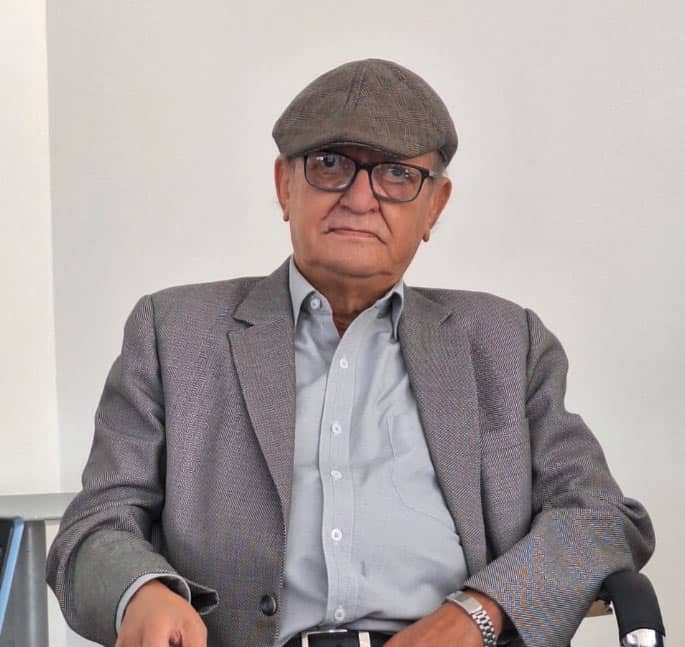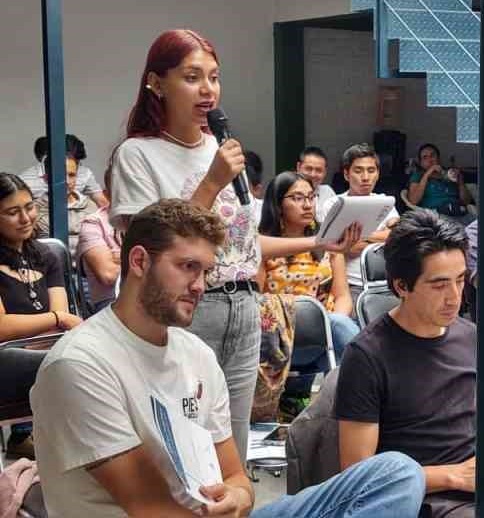By Elio Villaseñor G.
Director General of Citizen Initiative for
the Promotion of the Culture of Dialogue, AC.
“Caring for others and the environment
It is the highest expression of humanity”
— Leonardo Boff
The lives of young people today are marked by uncertainty, institutional passivity, and constant fear of global threats such as war.
However, in the face of this complex scenario, young people have recognized their strength and used it to face everyday challenges.
One of these challenges, which remains largely invisible, is their role in care systems within the family environment.
Amidst multiple adversities, many young people have had to find the courage to take on responsibilities that traditionally go unrecognized, while simultaneously trying to build their own life plans.
They have had to mature through force, developing skills to care for others without giving up their own aspirations.
These efforts, far from being confined to the private sphere, are beginning to be shared on social media and in collective spaces, giving visibility to a long-ignored reality.
In this context, the Youth in Care Forum, held on June 20, represented a milestone in the articulation of youth voices around the construction of an inclusive and equitable Care System in Mexico City.
The forum highlighted the urgent need to fully integrate youth into the design and development of this system, so that it responds to their realities and aspirations.
The young participants' interventions reflected not only a critical awareness of the structural inequalities they face, but also an active willingness to influence social transformation based on their experience as caregivers, those cared for, and promoters of self-care.
From this experience, young people recognize care as a human right and promote its fair redistribution between genders and generations.
Among the emerging alternatives, the proposal to create care cooperatives stands out, focused on developing skills, generating decent employment, and revaluing domestic tasks, which have historically been neglected.
Young people not only raised their voices to demand legal recognition of care work, but also proposed concrete solutions that dignify this essential system for life.
Youth participation portrayed with sensitivity and force the transformative role of their generation.
Despite the institutional precariousness and risks that define their present, young people do not remain in a state of complaint or passive waiting.
They don't wait for answers: they act, organize, and build alternatives through practice and solidarity.
Their action is not merely reactive or individual. It is collective, creative, and profoundly political.
Today, more than ever, it is urgent to listen to and recognize this generation, which not only demands to be heard, but also to be recognized as a central player in any social justice agenda, with clear and viable proposals to transform the care system into a more just, equitable, and humane network.






